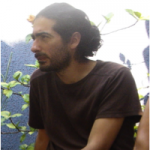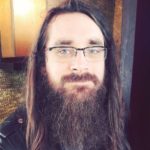Link to Pubmed [PMID] – 31508503
Link to DOI – 32810.1038/s42003-019-0558-4
Commun Biol 2019 ; 2(): 328
The core diagnostic criteria for autism comprise two symptom domains – social and communication difficulties, and unusually repetitive and restricted behaviour, interests and activities. There is some evidence to suggest that these two domains are dissociable, though this hypothesis has not yet been tested using molecular genetics. We test this using a genome-wide association study (N = 51,564) of a non-social trait related to autism, systemising, defined as the drive to analyse and build systems. We demonstrate that systemising is heritable and genetically correlated with autism. In contrast, we do not identify significant genetic correlations between social autistic traits and systemising. Supporting this, polygenic scores for systemising are significantly and positively associated with restricted and repetitive behaviour but not with social difficulties in autistic individuals. These findings strongly suggest that the two core domains of autism are genetically dissociable, and point at how to fractionate the genetics of autism.




